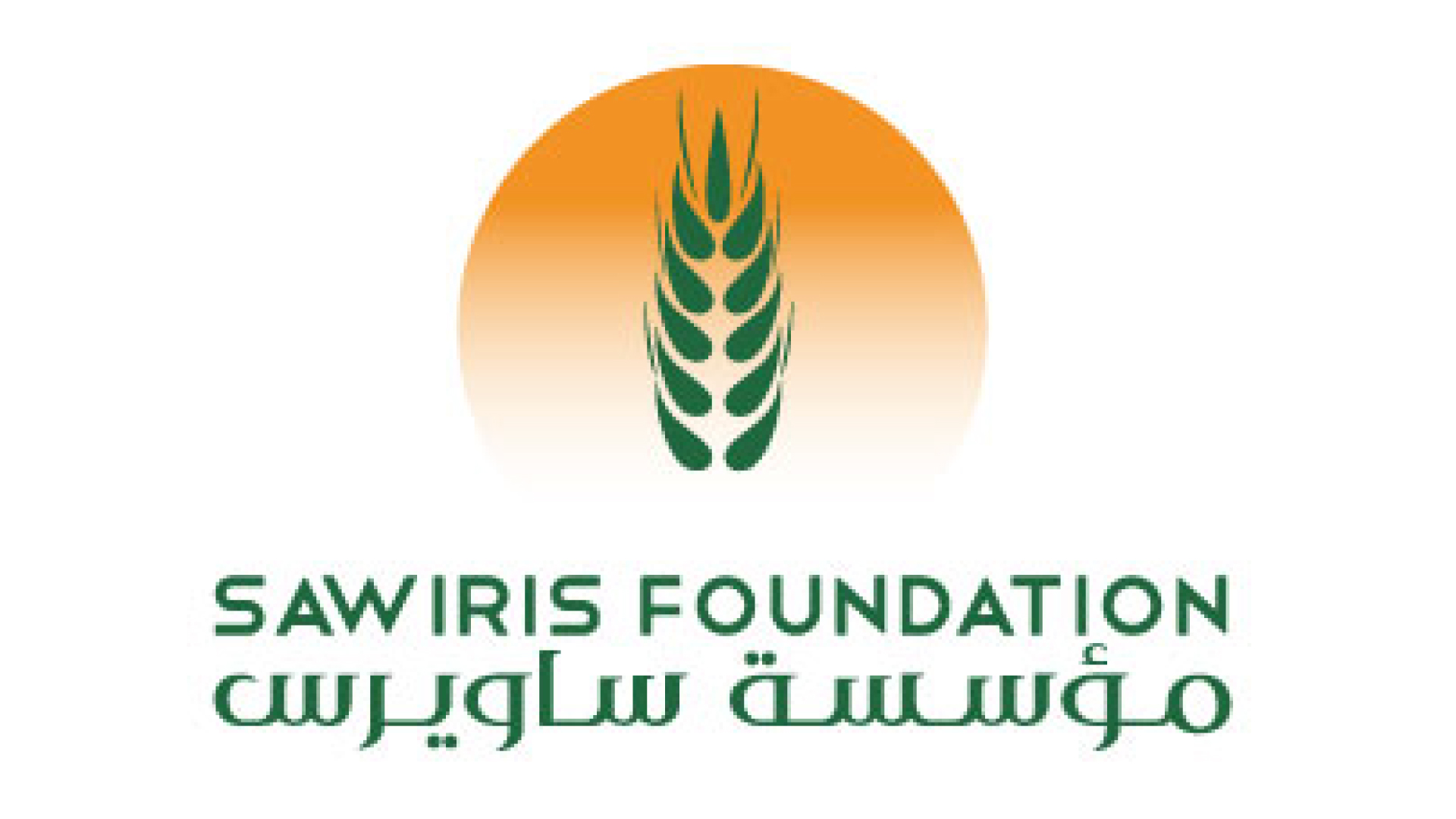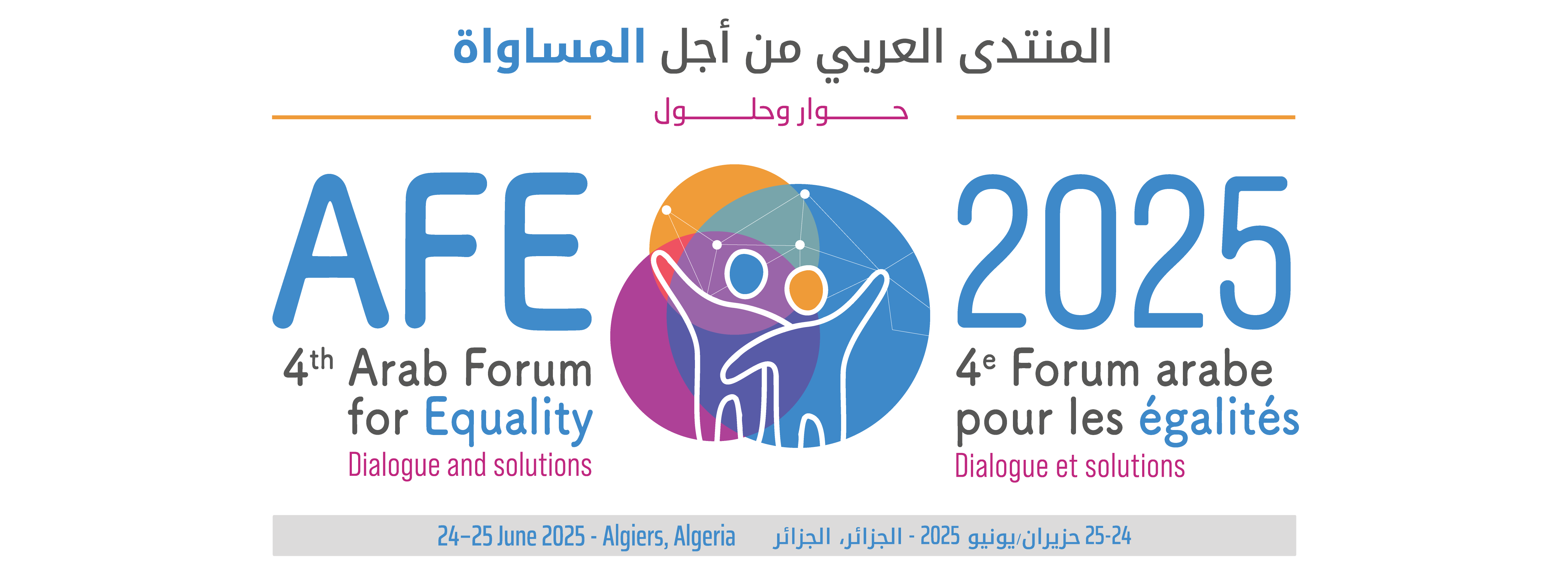
Simply select any text on the page to have your computer read it to you.
Choose the preferred Text to Speech accent from your available system voices.

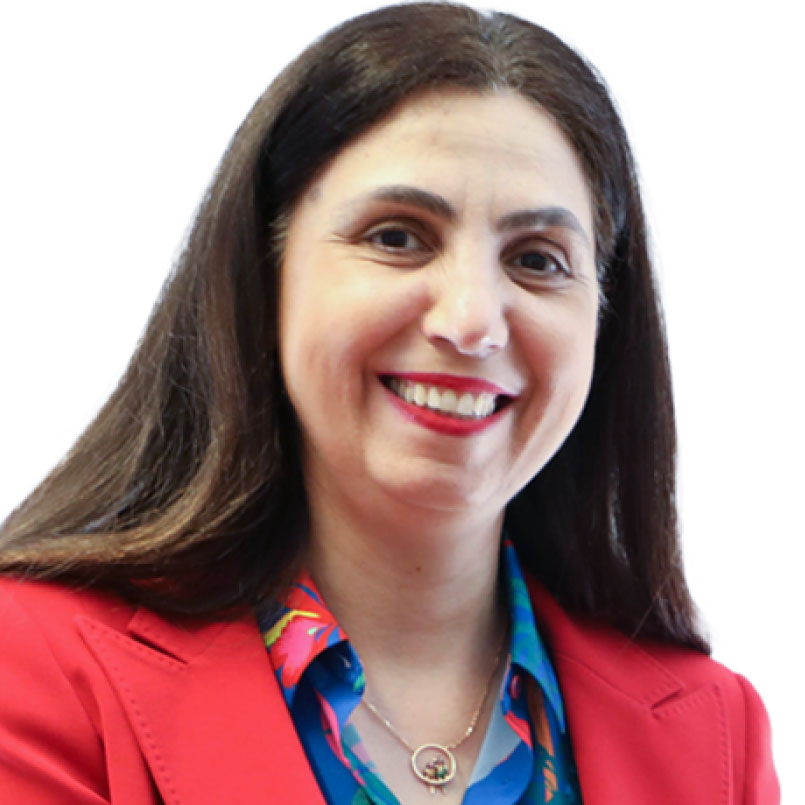
Under-Secretary-General of the United Nations and Executive Secretary of the Economic and Social Commission for Western Asia (ESCWA)

Prime Minister of People’s Democratic Republic of Algeria
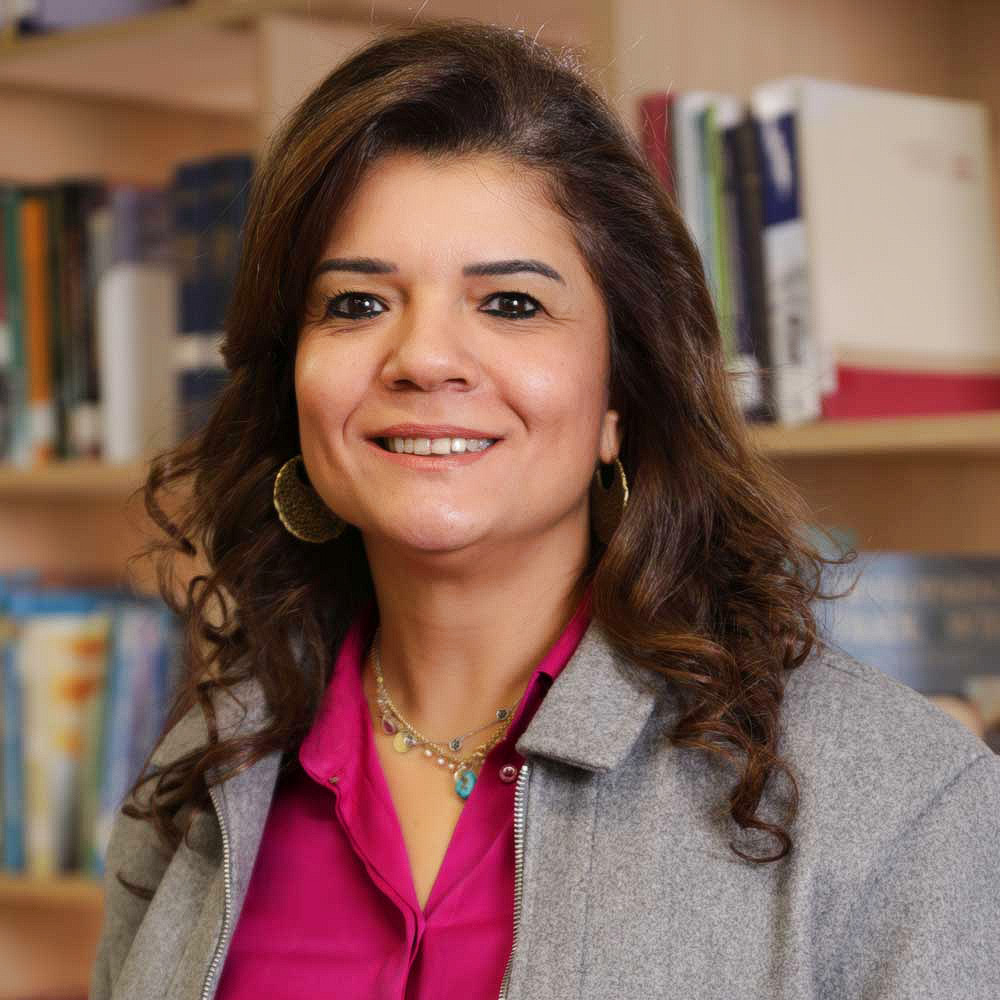
Master of ceremony
Director, Cluster Leader, Gender Justice, Population and Inclusive Development, ESCWA
Inequality ted talk

Mohammed Al Kandari, Influencer and content creator

Omar Althowani, Influencer and content creator
This session will provide a deeper understanding of the structural and emerging drivers of inequality. The discussion will highlight key global and regional economic fluctuations, and related social and policy shifts during the last year, examining their implications across societies in high-, middle- and low-income countries, with a focus on vulnerable groups. It will also highlight how long-term trends – like jobless growth – impact the economic and social wellbeing of the region’s population and foster inequality, undermining social cohesion and promoting social unrest.
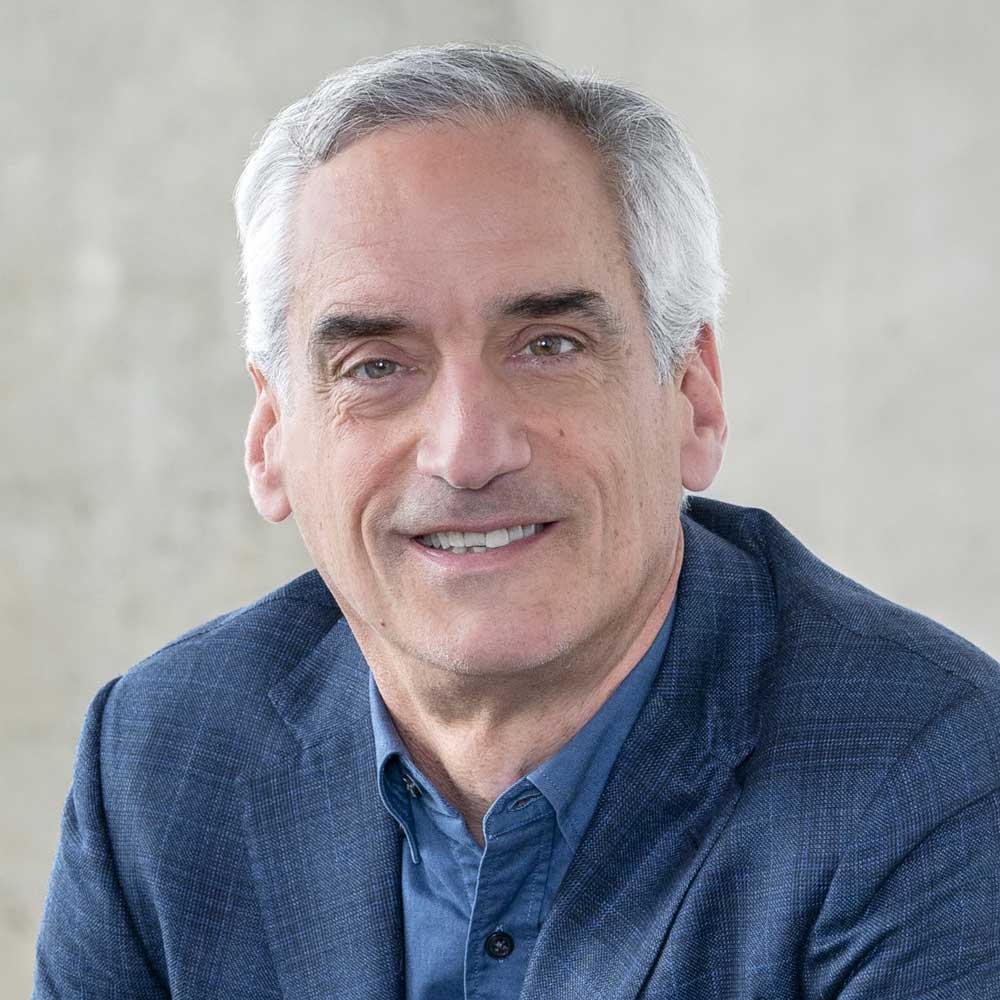
Jonathan Leape, Executive Director, International Growth Center
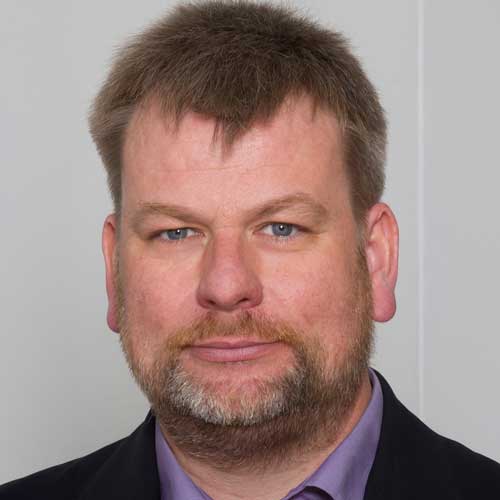
Markus Loewe, Senior Researcher, Research Programme "Transformation of Economic and Social Systems", German Institute of Development and Sustainability (IDOS)

Jawad Anany, Economist and Former Deputy Prime Minister for Development Affairs

Khadiha Benguenna, TV Anchor and News Presenter, Al Jazeera
This session will focus on social protection as a critical pathway for reducing inequality globally and in the Arab region. It will explore how well-designed social protection systems can address inequality, e.g. by redistributing income, reducing poverty, and promoting inclusive development and social cohesion. The discussion will feature insights into successful national, regional, and international policies and initiatives, emphasizing the role of (targeted) universalism as an effective approach for income redistribution.

Maya Morsy, Minister of Social Solidarity, Egypt

Haneen Sayed, Minister of Social Affairs, Lebanon

Wafa' Bani Mustafa, Minister of Social Development, Jordan

Nidhal Ben Cheikh, International expert on social protection and informality

Hala Bsaisu Lattouf, Former Minister of Social Development, Jordan
This session will delve deeper into the role of social protection in contexts of conflict, war and occupation, building on the discussions from the previous sessions. It will examine the unique challenges faced by countries experiencing prolonged instability, including dysfunctional institutions, limited resources and heightened vulnerabilities among their populations, specifically highlighting the impact on women. The session will shed light on mechanisms to transition from humanitarian support to statutory social protection. It will also shed light on resilience-building measures that have proven effective in such settings.

Samah Hamad, Minister of Social Development, Palestine

Ahmed Adam Bakhiet, Minister of Social Development, Sudan

Tarek El Naboulsi, Minister Plenipotentiary, Director of Development and Social Policies, League of Arab States

Naglaa Sayed, Head of Social Welfare Fund, Yemen

Lara Tamash, Television Anchor, Jordan Radio and Television Corporation
This session will feature a discussion between experts from international financial institutions and civil society addressing social protection reform trends in the Arab region since the 2010s, which have frequently favoured narrowly targeted social assistance approaches over more costly – but at times more equal – universal social protection provisions.

Abdillahi Said Guedi, Deputy Minister, the Promotion of Women & Family Welfare & Social Affairs, Djibouti

Lina Marliani, Executive Director, JPAL Southeast Asia

Counselor Amal Ammar, Head of the National Council for Women, Egypt

Rachid Kadida, Director of Social Development, Ministry of Solidarity, Social Integration and Family, Morocco

Ahmed Elsayed, Executive Director, JPAL MENA
This session will focus on the critical issue of extending social protection to workers in the informal sector, who constitute a significant portion of the labour force in the Arab region. It will explore the challenges and tradeoffs of designing a basket of policy options that match the needs of each group within the informal sector. The session will also identify practical policy solutions to bridge the coverage gap and enhance the resilience and equality of informal sector workers.

Attiya Waris, UN Independent Expert on Foreign Debt and Human Rights, and Professor of Fiscal Law and Policy in Nairobi University

Hania Sholkamy, Academic at the American University in Cairo and Advisor to Egyptian Minister of Finance on Social Policy

Ricardo Fuentes-Nieva, Chief Economist of Data-Pop Alliance, and Scientific Coordinator for the French Development Agency in Mexico

Faiza Shaheen, Professor at the London School of Economics

Vivi Alatas, Senior Advisor to Policy Working Group National Team for Eradicating Poverty in Indonesia (TNP2K) and former Lead Economist of the World Bank’s Indonesia Country Team

Mayson Azam, Senior News Presenter at Al Arabiya
This will be a short live interview with two Algerian ministers from two different ministries showcasing the country’s successful experiences in extending social protection coverage and highlighting future initiatives to further enhance the effectiveness of social protection systems in a middle-income country. The interview will also focus on the coordination mechanism between the two ministries.
Name,
title, organization, country
Name,
title, organization, country
Name,
title, organization, country
Name,
title, organization, country
Inequality ted talk

Mohammed Al Kandari, Influencer and content creator

Omar Althowani, Influencer and content creator
This session will feature an open discussion between participants and members of the ESCWA Advisory Board on Inequality. It will offer contrasting viewpoints and international experiences, generating a rich discussion on the different approaches to social protection with a view to tackling and reducing inequality in social protection programme delivery.

Atty Laisa Masuhud Alamia, Member of Parliament and Deputy Speaker, Philippines

Huda Sajjad Mahmood, Undersecretary, Ministry of Social Affairs, Iraq

Najet Dkhil, Director General of Solidarity and Social Development, Tunisia

Mona Attia, Director, Institute of Middle East Studies, George Washington University
This session will address the critical issue of inclusive, progressive financing of social protection, exploring diverse and innovative funding sources to ensure their long-term viability and social justness. It will highlight the experience of countries in mobilizing domestic resources for public expenditure and leveraging international support. The session will also highlight innovative approaches adopted by countries facing constrained fiscal space, showcasing strategies to enhance system efficiency and expand outreach within existing resource limitations, while at the same time aiming to leave no one behind.

Laila Bint Ahmad Al Najjar, Minister of Social Development, Oman

Wafaa Alkelani, Minister of Social Affairs, Libya

Ragda Sehade, Deputy Minister, Social Affairs and Labor, Syria

Khodor Fekih, Director of Law Division, LAU
This session will explore innovative solutions for enhancing equality in social protection system delivery, with a focus on harnessing technology and innovative policy designs to expand their reach and effectiveness. It will examine the transformative potential of digital identification and enrolment platforms, and other technological advancements in streamlining access and reducing administrative barriers, thereby improving delivery mechanisms and stimulating coverage extension.

Abir Imneina, Women’s Rights Activist

Rima Turk, Resident Representative, IMF Country Office in Comoros

Khalid Muhieddine, Senior Social Protection Expert, World Bank

TBD
Building on insights from previous sessions on the lack of decent job creation and increasing informality, this session will delve into the relationship between economic growth and its ability to benefit all segments of the population equally. The discussion will focus on whether economic development and growth models are effectively generating sufficient decent jobs to lift households out of poverty, provide protection against life-cycle risks and reduce reliance on social assistance systems. The session will demonstrate how alliances between ministers of social affairs, planning and economy can effectively align economic development with social progress.

Hamoudy Ali, Secretary General, Ministry of Social Affairs, Childhood and Family, Mauritania

Yusuf Mohamed Adan, Minister of Labor and Social Affairs, Somalia

Youssef Abbasi, Chairman of the Board of Directors, Regional Network for Social Responsibility

TBD
This session will focus on global partnerships that complement domestic and bilateral social protection financing and support. Ideally, if available by then, the session will showcase successful examples of collaboration between governments, the private sector, unions, and development partners in addressing key bottlenecks in the provision of essential social protection for people living in poverty. It will also discuss global partnerships as a path for knowledge sharing, cooperation, and efficient mobilization and disbursement of resources.
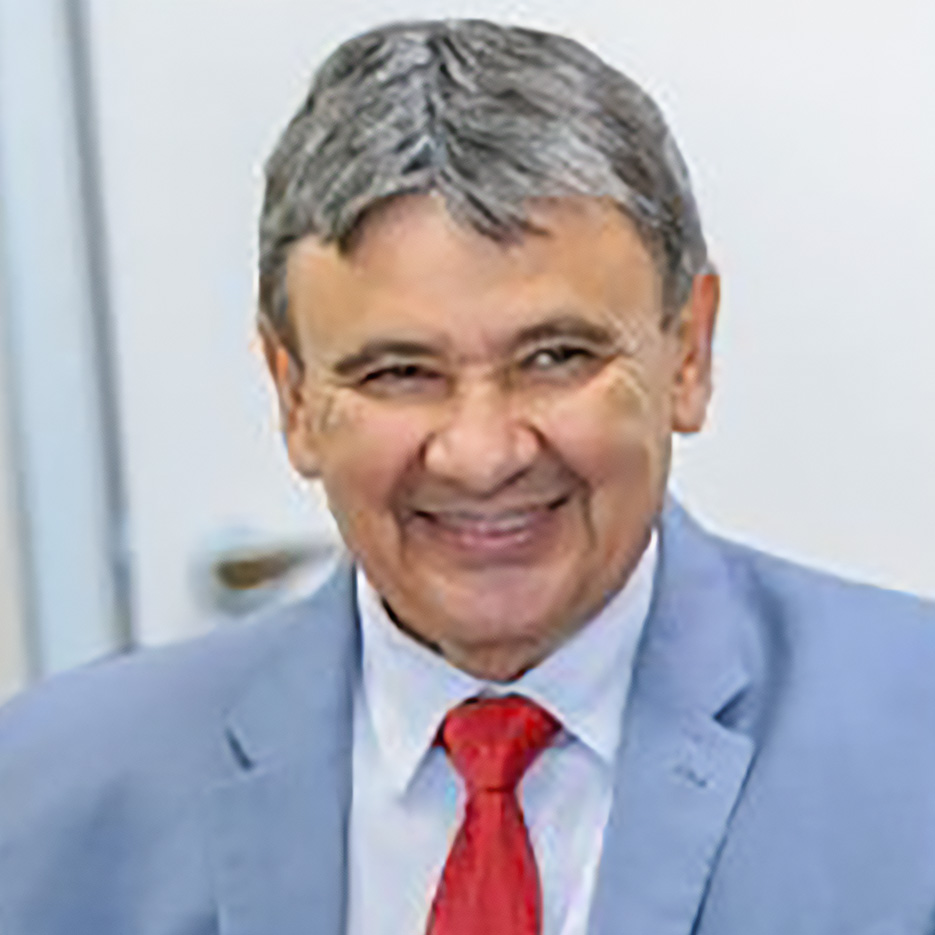
Wellington Dias, Minister for Development and Social Assistance, Family, and Fight Against Hunger, Brazil

Hans Peter Lankes, Managing Director and Deputy Chief Executive, ODI Global

TBD

Mahmoud Ataya, Deputy Minister of Planning and International Cooperation, Palestine
